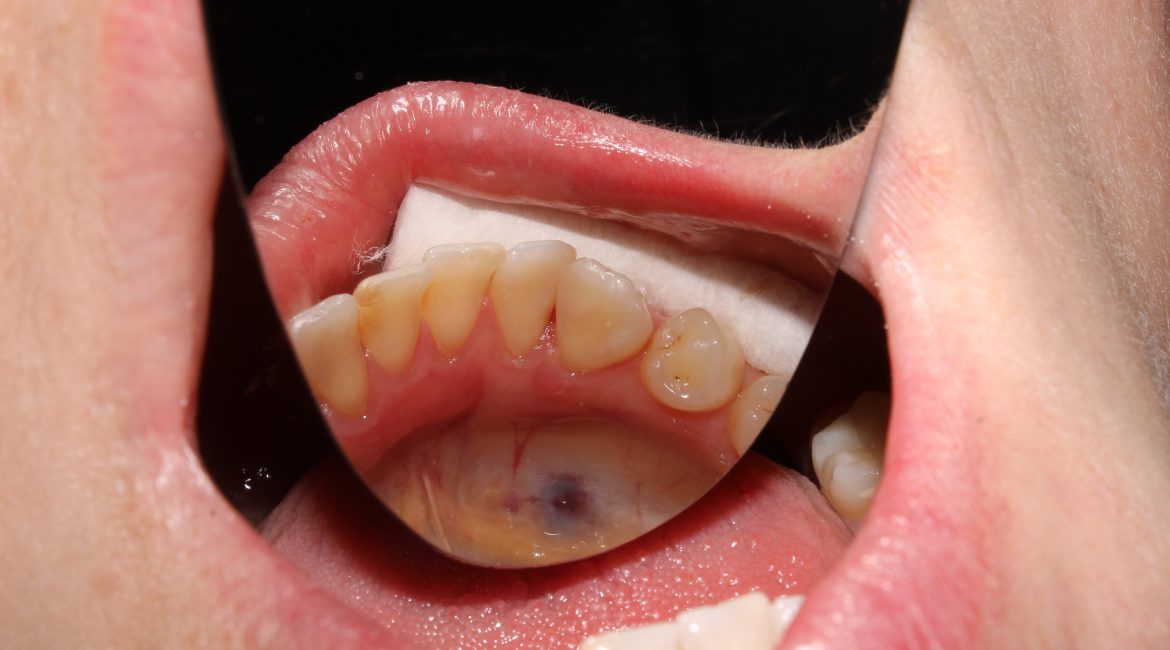Hey there, my friend! Let’s chat about something that’s not exactly a dinner table conversation but is crucial for our oral health – oral infections. Yep, those pesky little troublemakers that can sneak up on us when we least expect it. But fear not, because today we’re diving into how to recognize and treat oral infections like a pro.
First off, what exactly is an oral infection? Well, it’s basically a bacterial or fungal invasion in your mouth that can cause discomfort, swelling, and sometimes even serious health issues if left untreated. Oral infections can occur anywhere in your mouth – from your gums and tongue to the roof of your mouth and even your tonsils.
One of the most common oral infections is gingivitis, which is an early stage of gum disease. You might notice red, swollen gums that bleed easily when you brush or floss. Gingivitis is often caused by poor oral hygiene that allows plaque to build up along the gumline, leading to inflammation and irritation.
Another common oral infection is a dental abscess, which is a pocket of pus that forms due to a bacterial infection. This can occur at the root of a tooth or between the tooth and gum tissue. Symptoms of a dental abscess include severe toothache, swelling in the face or jaw, fever, and a bad taste in the mouth. It’s important to seek prompt treatment for a dental abscess to prevent the infection from spreading.
Thrush is another oral infection caused by a fungus called Candida albicans. It typically appears as creamy white lesions on your tongue, inner cheeks, or roof of your mouth. Thrush is more common in infants, older adults, and people with weakened immune systems. Antifungal medications prescribed by your dentist or doctor are typically used to treat thrush.
Now, let’s talk about how to recognize the signs of an oral infection. Pay attention to any changes in your mouth, such as persistent bad breath, swollen or bleeding gums, sores or lesions that don’t heal, or pain when chewing or swallowing. These could be signs of an underlying infection that requires attention.
If you suspect you have an oral infection, don’t wait to seek treatment. Your dentist is your best ally in diagnosing and treating oral infections. They can conduct a thorough examination of your mouth, possibly take X-rays to identify hidden infections, and recommend appropriate treatment based on their findings.
Treatment for oral infections varies depending on the type and severity of the infection. For bacterial infections like gingivitis or dental abscesses, treatment may involve professional cleaning, antibiotics, and in some cases, drainage of the abscess. It’s important to follow your dentist’s instructions and complete the full course of antibiotics if prescribed.
For fungal infections like thrush, antifungal medications are typically prescribed. These medications may come in the form of oral rinses, lozenges, or pills, depending on the severity of the infection. Your dentist will determine the best course of treatment based on your individual needs.
In addition to professional treatment, maintaining good oral hygiene is essential for preventing and managing oral infections. Brush your teeth at least twice a day with fluoride toothpaste, floss daily to remove plaque and food particles from between your teeth, and rinse with an antimicrobial mouthwash to help reduce bacteria in your mouth.
Eating a balanced diet rich in fruits, vegetables, and whole grains can also support your oral health by providing essential nutrients that strengthen your immune system and help fight off infections. Limiting sugary snacks and beverages can reduce the risk of cavities and gum disease, which can predispose you to oral infections.
And hey, don’t forget to schedule regular dental check-ups and cleanings. Your dentist can monitor your oral health, identify early signs of infection, and recommend preventive measures to keep your smile healthy and infection-free.
So, my friend, now you’re armed with the knowledge to recognize and treat oral infections like a champ. Remember, early detection and prompt treatment are key to preventing complications and preserving your oral health. Here’s to a healthy smile and a mouth free of infections!

